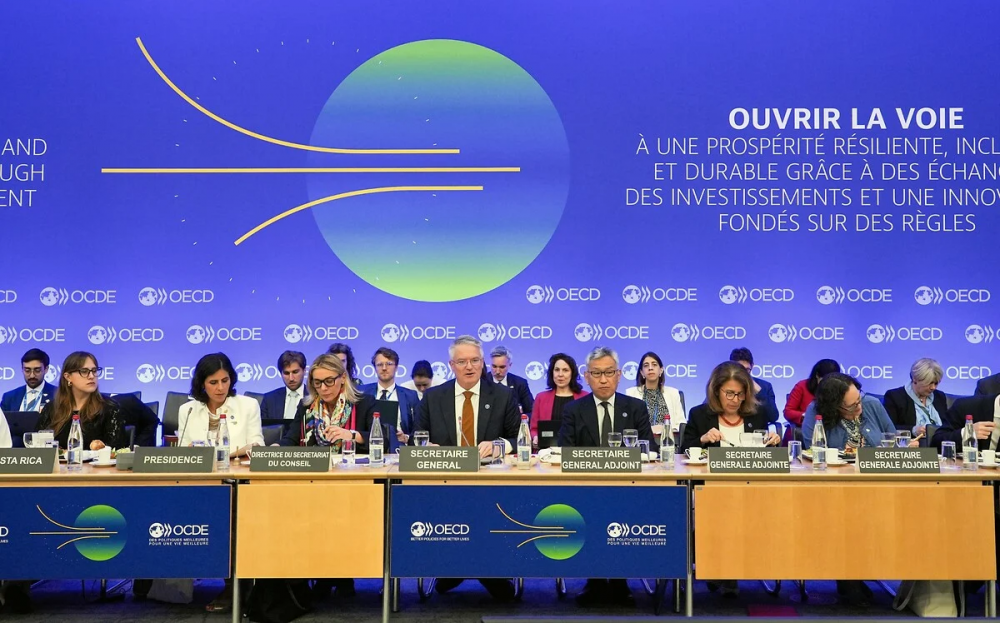OECD cuts Indonesia’s 2025 growth forecast again, now 4.7%

JAKARTA – The Organisation for Economic Co-operation and Development (OECD) has once again trimmed its forecast for Indonesia’s economic growth, now projecting a rate of 4.7% in 2025 and 4.8% the following year.
In its latest report released earlier this month, the OECD highlighted the challenges Indonesia faces in boosting household consumption and attracting private sector investment.
Indonesia’s export performance is also expected to continue weakening amid persistent global trade challenges.
The OECD further noted that the rupiah has experienced depreciation in recent months, which has contributed to higher prices for goods and services domestically.
“The current account deficit is expected to widen moderately, but further declines in commodity prices could worsen the situation by squeezing export revenues,” the OECD stated.
On monetary policy, the OECD projected further easing in Indonesia, citing subdued inflationary pressures amid sluggish growth.
“The inflation outlook remains contained despite weak economic momentum,” the report noted.
The OECD also commented on two key policies at the start of President Prabowo’s administration: the Free Nutritious Meals (MBG) programme and the establishment of the Danantara sovereign wealth fund (BPI).
These policies led the OECD to view Indonesia’s fiscal stance as neutral. While the MBG programme adds to state expenditure, public investment is expected to increase thanks to Danantara.
According to data compiled by IDNFinancials.com, the OECD had already downgraded Indonesia’s growth outlook in March 2025, from 5.2% to 4.9%.
Meanwhile, the Indonesian government remains optimistic about hitting its 5% growth target in 2025, supported by a series of economic stimulus packages aimed at boosting domestic consumption. (KR/ZH)